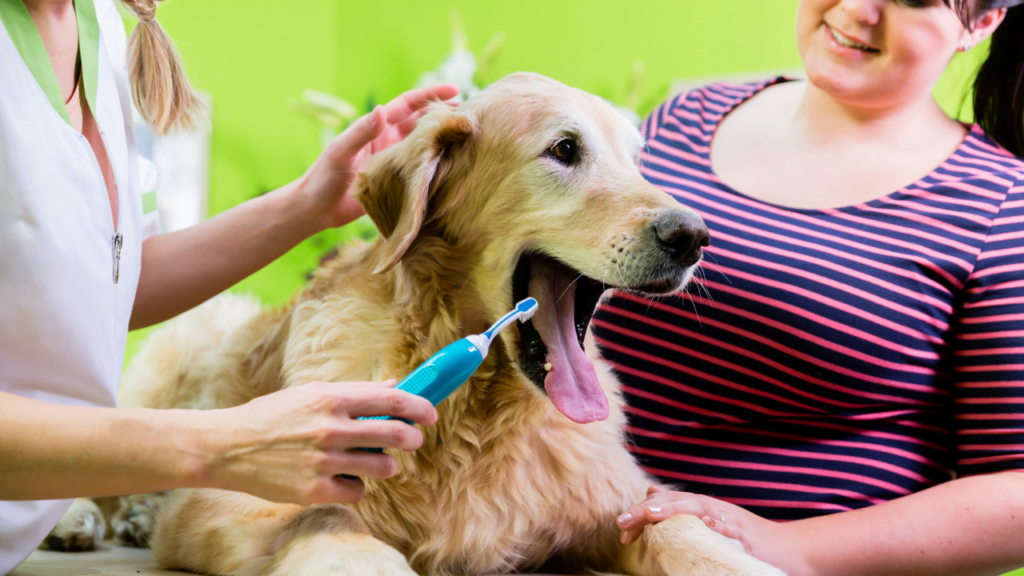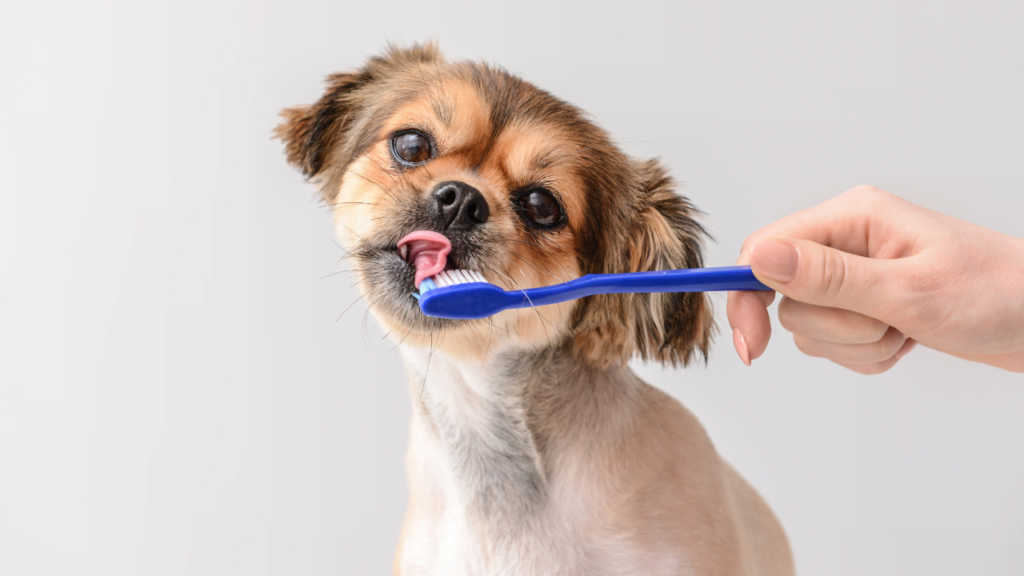Dental health is often not given much importance in our life, especially for our pets. On the contrary, when neglected for a long duration, it can lead to fatal results. If you have not developed a proper dental care routine for your pet, it’s high time.
Taking care of your pet’s dental care is not a herculean task. You just need to consult your vet and build a proper routine for them. It includes some simple steps that can be followed on a regular basis. You might have to make some lifestyle changes too. But this will all contribute towards your furry friend’s well being.
Why is dental health important?
Let’s begin with understanding why you need to take care of dental health. Here are some reasons why dental health is crucial for pets:
- Prevention of Dental Diseases: Dental diseases, such as periodontal disease, gingivitis, and tooth decay, are common in pets, especially as they age. Regular dental care, including brushing their teeth and providing dental treats or toys, can help prevent the buildup of plaque and tartar, reducing the risk of dental diseases.
- Pain Management: Dental issues can be painful for pets. Dental diseases can lead to toothaches, gum inflammation, and infections. Unfortunately, pets are skilled at hiding pain, and owners may not always notice the signs of dental discomfort. Regular dental check-ups can help detect and address dental problems before they become severe.
- Fresh Breath: Bad breath, known as halitosis, is a common sign of dental problems in pets. Regular dental care can help keep your pet’s breath fresh and pleasant.
- Improved Quality of Life: Pets with healthy teeth and gums are likely to have a better quality of life. They can eat comfortably, chew their food properly, and enjoy their meals without pain or discomfort. Dental problems can affect their ability to eat and can lead to weight loss and malnutrition.
Tips to take care of dental health
Taking care of your dog’s dental health can be tricky. However, there are basic steps that you can follow to prevent risks.
1. Brushing their teeth
This one may sound very basic but is the most essential. Buy a good toothbrush for your pet and a toothpaste. Do not use human toothpaste as it is not advisable for them.
Implement this habit when they are young because it can become difficult later on. Engage them in some sort of activity that they like. You can also give them treats after brushing to keep them consistent.
2. Go for dry food
To keep your teeth and gums healthy, dry food would be a more preferable option. It does not stick to their teeth and avoids the risk of cavities. If your pet is facing some concerns with their teeth, eliminate wet or soft food from their diet. Make sure to consult your vet before making any dietary changes.
3. Provide Fresh Water
Make sure your pet has access to fresh and clean water at all times. Adequate hydration helps in maintaining oral health by washing away food particles and bacteria. It is best to keep on changing their drinking water at regular intervals.
4. Limit Sugary and Starchy Treats
Avoid feeding your pet too many sugary and starchy treats, as these can contribute to the formation of plaque. You do not want your pet to suffer from extreme dental problems in the future.
5. Avoid Bones and Hard Objects
Refrain from giving your pet bones, or other hard objects to chew on, as these can cause dental fractures or damage. Instead, go for good quality chew toys or Dental Treat to help their teeth stay strong.
6. Regular Dental Check-ups
Schedule regular dental check-ups with your veterinarian. They can assess your pet’s dental health and catch any potential issues early on. Dental cleanings performed by a veterinarian are essential for a thorough cleaning under the gumline, where most dental problems occur.
It’s time for a vet visit !
How do you know that now is the time when you should consult a vet? Well, there might be certain symptoms that call for a vet visit. If you notice any of the mentioned below, take action quickly. If not paid attention for a long time, these can take a form of illness.
- Bad breath is a strong sign of dental issue
- Excess pain in the mouth
- Drooling
- Bleeding from gums
- Tartar on the teeth, discoloration
- Difficulty in chewing the food
- Swelling inside and around the mouth
Whenever you have questions or concerns about your pet’s dental health or at-home dental care routine, don’t hesitate to consult your veterinarian. They can offer guidance on proper tooth brushing, dental treats, and other preventive measures. Look for quality products that can make your pet’s life easier.
To summarize,
We hope the article proves to be fruitful for you. To ensure your pet’s dental health, it’s essential to schedule regular check-ups with your veterinarian. They can perform dental examinations, cleanings, and offer advice on at-home dental care techniques that are safe and effective for your specific pet.
Remember that every pet is different, so it’s crucial to consult with a professional to develop a dental care routine that suits your pet’s individual needs. Swelling or pain in the gums or teeth can be painful for your pet. Apart from these, make sure to show some extra love to them.








